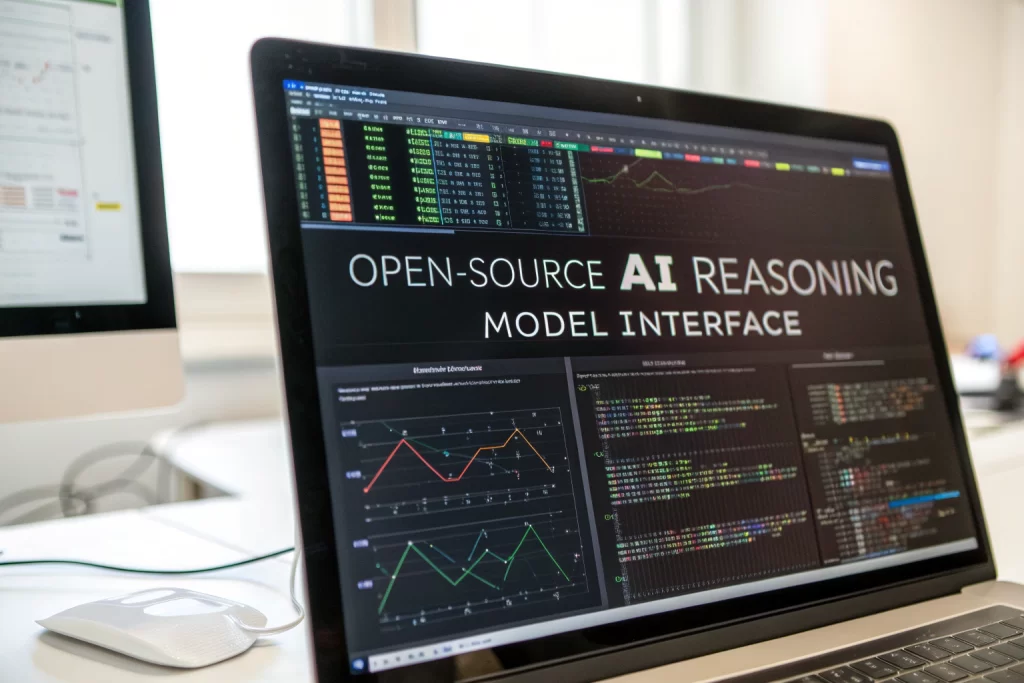
MIT’s SEAL Unveils Self-Adapting Language Models Amidst Heated AI Debates and Children’s Use Insights
Share your love
In this week’s AI update, MIT introduces SEAL, a self-adapting framework allowing language models to retrain themselves using reinforcement learning and fine-tuning. At VivaTech, Nvidia’s Jensen Huang rebuts AI risk claims by Anthropic’s CEO, sparking intense industry debate. Meanwhile, the Alan Turing Institute reveals that nearly 25% of UK children aged 8–12 are already using generative AI tools, raising important questions on youth interaction with AI. Stay updated as the AI landscape continues to evolve rapidly.
Table of Contents
- Self-Adapting AI: SEAL Enables Language Models to Update Themselves
- Nvidia’s Jensen Huang Pushes Back on Anthropic CEO’s AI Warnings
- Kids & Generative AI: New Insights on Use, Risks & Well-being
Self-Adapting AI: SEAL Enables Language Models to Update Themselves
Researchers at the Massachusetts Institute of Technology have unveiled a groundbreaking framework known as SEAL. This innovation allows large language models to autonomously update their own behavior by:
- Crafting their own training instructions
- Applying these instructions effectively
By combining reinforcement learning with supervised fine-tuning, SEAL enables models to adapt to new information or tasks without needing external retraining. Imagine an AI that learns and evolves like a human—how cool is that?
Nvidia’s Jensen Huang Pushes Back on Anthropic CEO’s AI Warnings
In a recent press briefing at the VivaTech conference in Paris, Nvidia’s CEO Jensen Huang firmly challenged the claims made by Dario Amodei, the CEO of Anthropic, regarding the potential dangers of AI. Key points from Huang’s rebuttal include:
- Disagreement with “almost everything” Amodei stated
- Opposition to the prediction that AI could replace half of all entry-level jobs in the next five years
It appears a spirited debate is unfolding in the AI community!
Kids & Generative AI: New Insights on Use, Risks & Well-being
A recent report from the Alan Turing Institute has highlighted the increasing role of generative AI in the lives of children. Here are some key findings:
- Nearly one in four children in the UK, aged eight to twelve, have already experimented with tools like ChatGPT.
This statistic raises significant questions about the risks and benefits of early AI exposure—definitely a topic to watch closely!
That wraps up today’s highlights! With innovations emerging and debates intensifying, we encourage you to stay informed about the latest developments in artificial intelligence.
Thanks for tuning in, and until next time, keep your curiosity burning bright!















